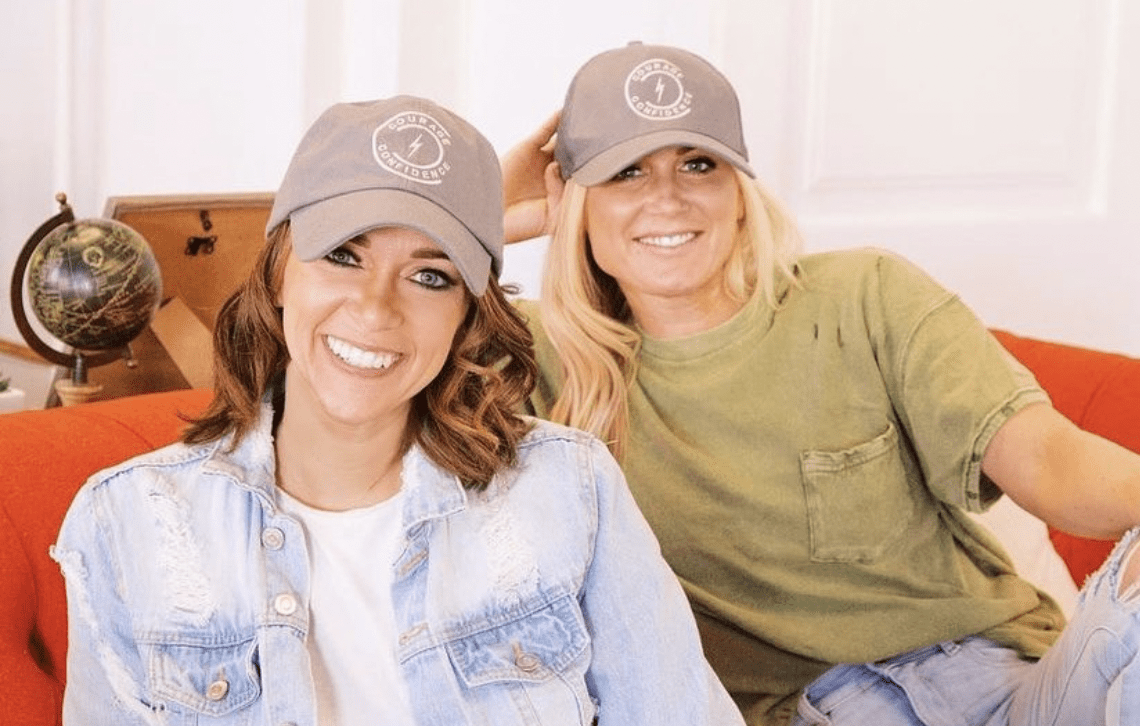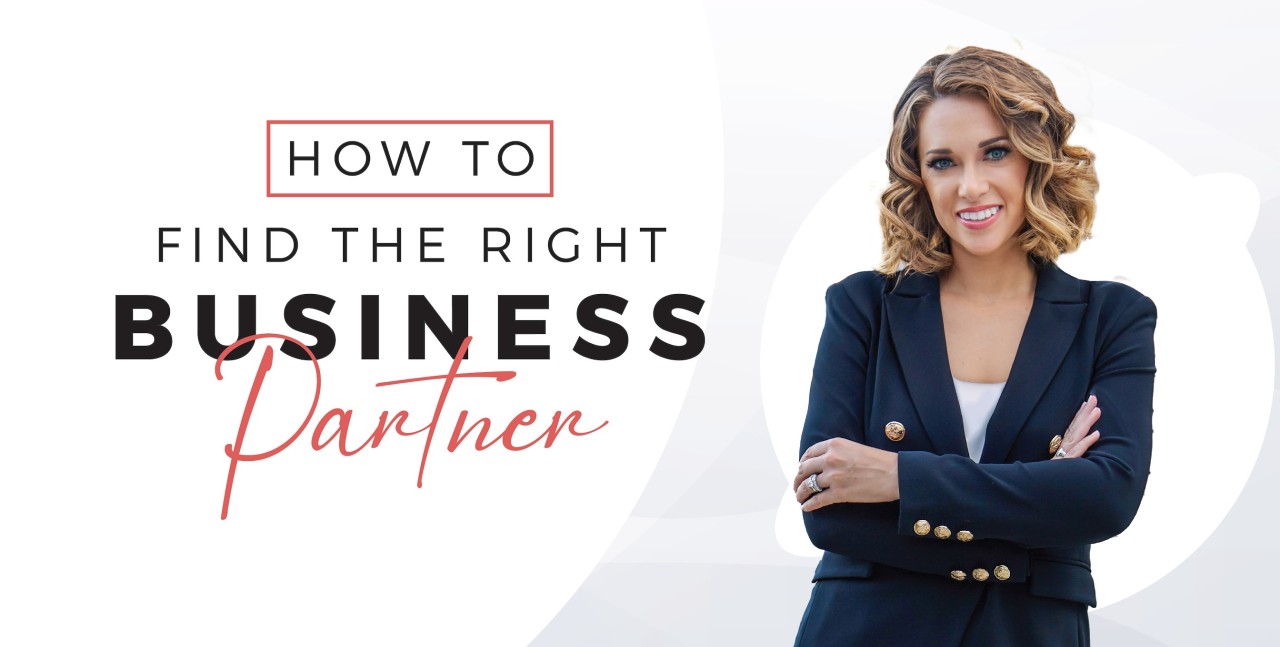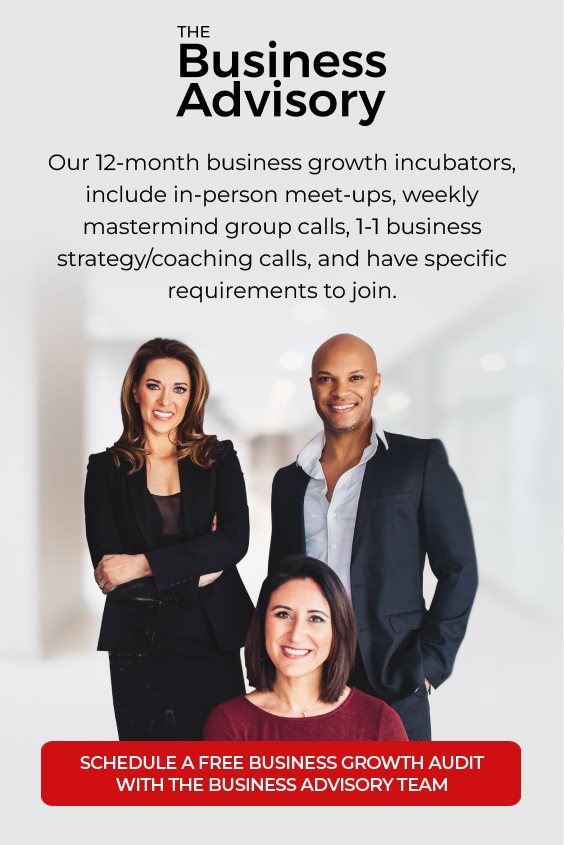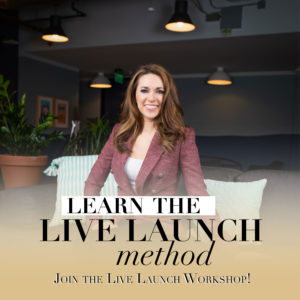As you build and grow your business over time, at some point, you may begin to consider business partnerships or acquisitions. But it can be challenging to know how to find the right business partner.
I run my own organization, Kelly Roach Coaching, and three additional companies in 50/50 partnerships:
- The Advance Women’s Expert Network with my partner Laura Meyer
- Social Sellers Academy with Ryann Dowdy
- And, The Courageous Brand with my best friend Amy of 20+ years.
There are a lot of areas to assess when it comes to choosing the right business partner – and below, I’m breaking it down for you. If you want to be sure your business partnerships are successful as you progress and grow your empire, read on for my top 5 recommendations — from a strategy standpoint — to consider when vetting a potential business partner.
#1. Time, influence, connections and money.
You’ll want to align with someone who has either one or a combination of several of these things (it will look different depending on your situation, circumstances, and ability to contribute). Each one of my business partners chose to partner with me for a different reason. It was because I offered what they wanted and needed, and they offered what I wanted and needed. Assess who has what and if together, you have all 4.
It’s incredibly important to be honest with yourself and your potential partner about what you can contribute — because what’s not a good fit are two people who have so much going on in other realms that no one can really drive the business. My biggest piece of advice: if one party can’t dedicate at least 80% of their time, energy, and efforts – don’t move forward with the partnership.
I was extremely clear with my business partners that given the size and scope of my organization, time would not be the thing that I could give to the businesses. So while I couldn’t commit to being fully present in the day-to-day operations, I could provide influence, audience, connections, brand visibility, investments, participation in a few launches and some program content.
No matter how small the business is, it needs to be someone’s bread and butter. Designate who’s going to be the CEO, and be realistic about who can give what – because if you’re not, you will struggle – and most likely fail.
#2. Skill match.
Each situation, and business model, calls for a different set of skills depending on what that business demands. You’ll need a different type of partner depending on what you bring to the table, as well as what you’ll need them to.
Consider the skills that you have and the skills they have. How do they come together? Do you have a complete picture of how you’ll get this project off the ground to become a massive success?

#3. Work ethic.
As you grow your business, there’s going to be high highs and low lows. There will be periods of rapid growth and periods of failure, and you need to partner with someone who is willing to push through those challenges and rise to the occasion.
The businesswomen I partner with are 3 of the hardest working people I know (in fact, 2 of them I observed their work inside my program and saw firsthand their hustle, diligence. and output). We’re aligned in that we all believe business is about being of service to others, and like me, have big goals, incredible drive, and the passion to keep going when things get hard (because inevitably, they will).
So, pay attention. Look at this person’s track record for success in business AND life. Are they someone who is going to weather the storm with you?

#4. Alignment with your long-term vision and purpose.
When you consider potential business partnerships, you must also consider if that business is something that’s in alignment with your long-term vision.
Take the show Shark Tank, for example. Lots of times on the show, you’ll hear one of the sharks say something like “I’m not aligned with that space,” or “I’m not interested in that space,” or “I don’t know enough about that space – and for that reason: I’m out.”
My personal mission is to help individuals create financial freedom through entrepreneurship and intrapreneurship: thinking, mindset, behavior, and action (and that’s reflected through Kelly Roach Coaching, my coaching. and consulting company). I don’t partner on projects that don’t align with that.
The Advance Women’s Expert Network is an online networking and referral-based community for consultants, coaches, and done for you service providers to grow and scale their businesses through strategic partnerships, collaborations, and referrals.
Social Sellers Academy is for entrepreneurs looking to build world-class sales teams and stop being the primary salesperson in their business.
The Courageous Brand focuses on instilling an entrepreneurial mindset in the next generation and equipping them with the courage, confidence, skillset, and leadership traits required to thrive personally and professionally.
The one thing each of my 3 businesses have in common? They are ALL in total alignment with my long-term vision and purpose. Every single business will go through seasons of expansion and contraction, so it’s important to commit for the long haul – because what happens when the rubber meets the road?
Sure, the money and opportunity might seem exciting at first: but you need to be in it for the right reasons (and so does your partner) to sustain that momentum and success 3, 5, even 10 years down the line.
#5. Value alignment.
Values are, bar none, the most important thing to consider when selecting a business partner. Think about it: when you’re bringing new team members on board, culture always outweighs skillset. You can teach, coach, and train those team members – but if someone doesn’t have the right DNA, mindset, or work ethic – chances are, it’s not going to work out. The same goes for business partners.
Your values trickle down into everything you do – from how you go to market, to how you do business, down to the service delivery – and you need someone whose values are in alignment with yours. So, ask yourself: is this a good person who I can trust to protect my reputation (which is essentially your livelihood in the online business world)?
My number one criteria for doing business with someone, first and foremost, is knowing they’re a good human being.

I hope those 5 areas gave you some clarity around how to approach business partnerships from a strategy standpoint.
Disclaimer: above all, be sure that you have legal support in place to protect yourself, your partners and your business from a contractual standpoint. Working with a legal team ensures that everyone is on the same page as decisions arise and as you evolve in the business.
If you are looking for a circle of other high-level CEOs with similar work ethic, mindset and values to collaborate and network with, we are opening a few spots up to my mastermind exclusive to 7+ figure business owners in 2022. We would love to have you! Visit www.kellyroachcoaching.com/apply to submit your application today or send me a private message for more information.










